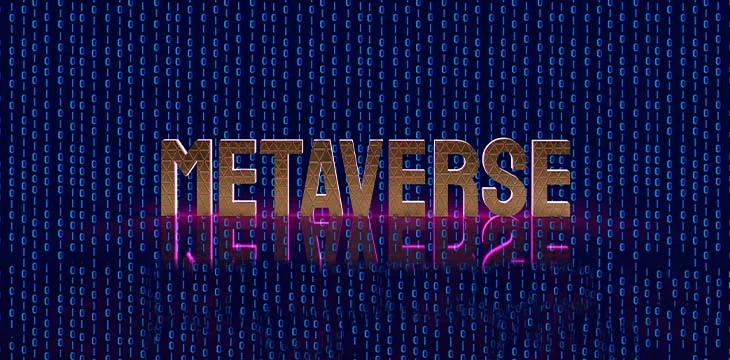|
Getting your Trinity Audio player ready...
|
The United States, China, the United Kingdom, and Singapore—these are some of the countries that pop up whenever the metaverse is mentioned. However, as the West delved deeper into digital asset speculation, South Korea was mapping out a plan to conquer the metaverse. With one of the world’s most tech-savvy populations, a war chest of hundreds of millions of dollars, and a government determined to digitize the nation, South Korea has risen to dominate this emerging technology and looks positioned to hold onto its lead in 2023 and beyond.
In February last year, the country’s Ministry of ICT and Science announced it would be investing KRW224 billion (US$190 million) in a national metaverse ecosystem. The ministry also pledged to offer active support to the sector, including through hackathons and developer contests to attract the best talent. The goal is to educate and train over 40,000 developers on the metaverse.
In the 10 months since then, the flame of the metaverse revolution in the East Asia country has only burned brighter.
From the onset, Korea was poised to become a big player in the metaverse. Over 90% of the population own at least one smart device, with over 10% owning a digital asset. Additionally, according to one study, the country is home to one of the biggest gaming markets globally—the fourth largest in the world, with over 33 million gamers.
Data shows that since 2016, only U.S. companies have applied for a higher number of metaverse patents. LG Electronics and Samsung ranked highest, respectively, for metaverse patents globally.
Can the metaverse deliver real benefits for South Korea?
South Korea’s metaverse ambitions go beyond patents. In Seoul, the capital and largest city, the country is aggressively investing in the technology, and reaping the benefits.
Seoul became the first city globally to debut the first virtual public administration platform, known as Metaverse Seoul. In its beta, Metaverse Seoul has already invited thousands of Seoul residents to play games and visit a virtual city hall. The five-year plan is to allow residents to lodge official complaints, apply for licenses, attend virtual classes offered by the Seoul Open City University, and more. Metaverse Seoul also made the TIME’s Best Inventions of 2022.
Some of Korea’s biggest tech and telecom giants have also launched metaverse projects as they compete to lead the new revolution. SK Telecom launched Ifland, a social metaverse platform, last year, and it has already racked up 13 million users and expanded to 49 countries.
Kakao, a messaging and Internet giant, launched Klaytn Foundation in 2019 to target blockchain and metaverse projects. Since then, the company has announced a $500 million grant for blockchain and metaverse projects and uses its influence and war chest to support metaverse projects.
Naver, another Internet giant, has set up Zepeto, a metaverse platform that the company claims attracts over 20 million users monthly.
Banks have jumped in too, with the three largest banks—KB Kookmin Bank, Shinhan Financial Group, and NongHyup Financial Group—all at advanced stages of metaverse banking initiatives.
There’s one big hurdle, however. South Korea has prohibited play-to-earn gaming, the most established metaverse use case. The ban was centered on the country’s anti-gambling culture.
While this has received widespread criticism from blockchain enthusiasts, it’s understandable. Digital assets have received negative press in recent years, and 2021’s ‘crypto contagion’ didn’t help matters. The fall of Axie Infinity only exacerbated matters, making most regulators wary of P2E gaming.
However, real value is not in tokens. As Brendan Lee told CoinGeek Backstage, “One of the first things I’ve been telling everyone is [selling tokens] is exactly what we’re not here to do.’ We’re not here for speculation—we’re here for utility, we’re here for the future.”
Applications built on Bitcoin SV, which scales unbounded at the lowest fees, continue to solve day-to-day challenges in the most innovative ways. In the metaverse, Transmira is leading the way, with its Omniscape platform enabling any business to dive into the virtual and augmented reality space, easily offer its products or promotions, and monetize.
Robert Rice, the founder of Transmira, summed it up best, stating, “People want a metaverse that’s going to impact their lives.”
Watch: The BSV Global Blockchain Convention presentation, Masters of the Metaverse

 07-05-2025
07-05-2025 





